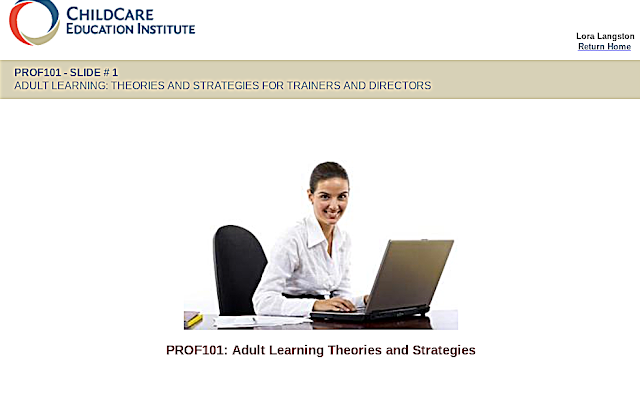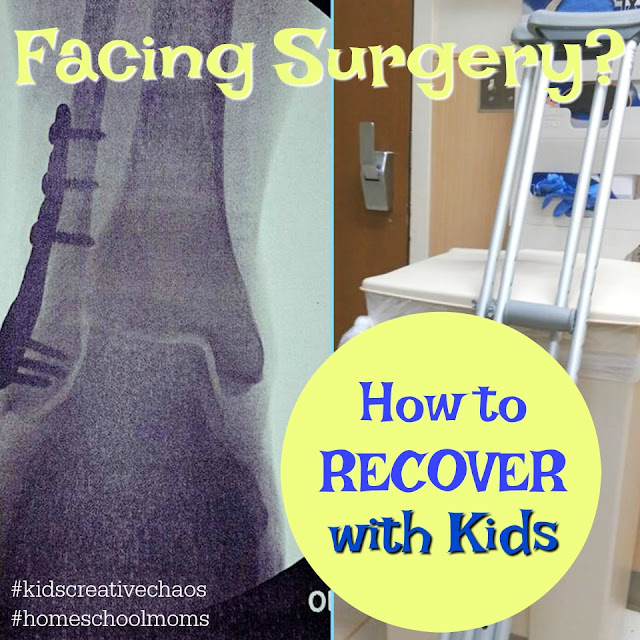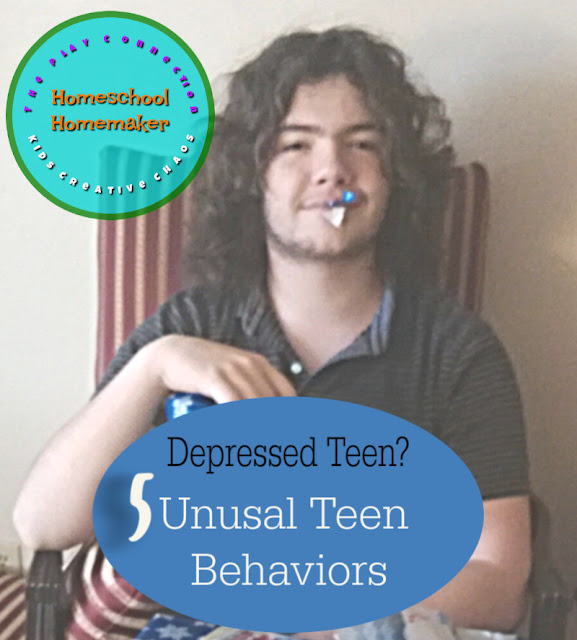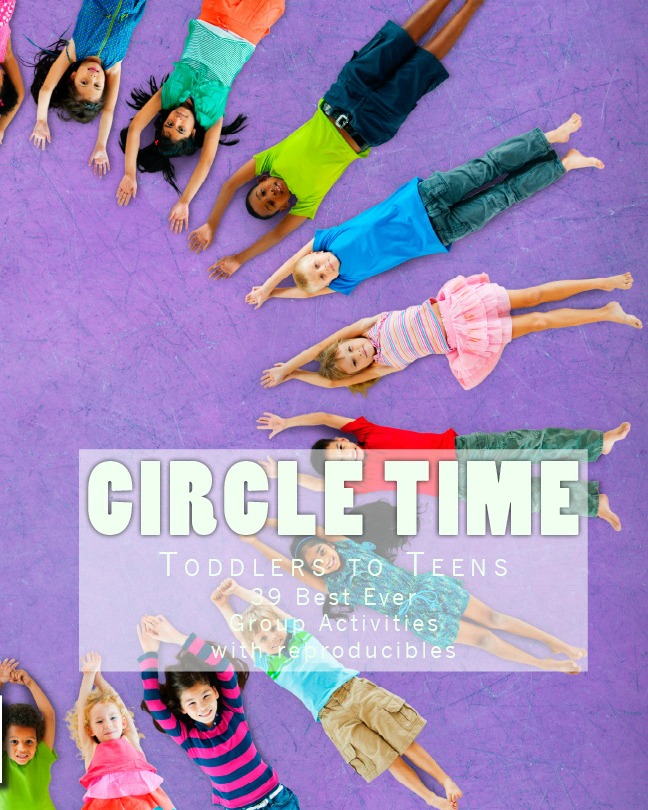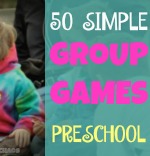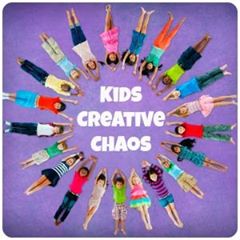Everyone in the Family should Live Healthy Lifestyles to Insure a Better Quality of Life
Living a healthy lifestyle is something that many people aspire to do. It's difficult to adopt a healthy lifestyle and keep up the routine. However, if the entire family lives a healthy lifestyle, it's easier to maintain and insure your health goals. Perhaps you have a job that takes up a lot of your time, or you're too busy with volunteer work, school, or anything else that life throws at you. No matter the reason, you need to make the time to become healthy and set a good example for your children.
This post contains Amazon and other affiliate links for your convenience.
You're the only one that can change your everyday habits for the better, but it can be much easier to do if everyone in the family acknowledges the importance of healthy living. If our children learn from a young age what it means to eat healthy meals and exercise, they'll take that knowledge with them into adulthood as well.
Why should everyone in the family live healthy lifestyles? When you start living a healthy lifestyle at an early age, it becomes second nature. As you age, you'll be ready to adapt to lifestyle changes that will continue to improve your health and you won't get stuck in those addictive unhealthy habits that can lead to obesity and other chronic illnesses which can be a downer when you're searching for term life insurance quotes. Another added benefit of a healthy lifestyle is the opportunity to enjoy the time with your grandkids as an active participant rather than an inactive observer.
Tips on how to achieve a healthy lifestyle together as a family:
Kids Learn from Their Parents
Kids look at parents as their role models, which is why it's paramount that parents do their part and teach their children about what it means to live a healthy lifestyle. Whether it’s eating healthy and nutritious meals, or the importance of staying active, you can always make a difference in the type of habits that your children adopt.
Use it as an Opportunity to Spend Time Together
Living a healthy life as a family gives everyone an opportunity to spend quality time together. Be mindful and add these tips to insure better healthy lifestyle results for your efforts.
1. Exercise
Rather than exercising alone, go for a walk outside with your family members. This also gives you an opportunity to properly talk to one another. It's a great way to bring up those difficult conversations you've been meaning to get started but never seem to find the time to do. Get fit with these fitness gift ideas.2. Weekend road trips
Don't forget about road trips with kids This is the perfect opportunity for everyone to destress and improve mental health while enjoying some family fun, making lasting memories together, and insuring that your bond is strong. Road trips are also a great way to get to know each better. Share happy stories of your childhood, but remember to stay away from difficult subjects or anything stressful.
A Future Health Routine
It’s important to find a routine that everyone in the family will benefit from. If you plan on being active, why not do it while everyone is together? Plus, the activities your children pursue from a young age will impact their future, as well.
When your kids are grown up and they're young adults, who is to say that they'll not end up becoming personal trainers, physiotherapists, yoga instructions or something else that is a result of the activities they participated in as a family when they were younger? Often kids who sign up for football and discover a passion for it end up wanting to pursue this in the future, whether as a hobby or a potential career.
The same can be said for other jobs that are considered health and wellness careers. Of course, this is all based on a person's individual personality and what they enjoy doing. Perhaps you found an interest in personal training as a result of working with a trainer to improve your health. That might lead to a career change.
Don’t forget that no matter what you choose to do in the future, you'll have to acquire the necessary qualifications that allow you to make a career out of your health and wellness lifestyle. This is the case for those interested in personal training, for example, they can complete an online fitness course Leicester in order to get certified, making it an easy way to get educated on healthy lifestyle fitness careers. Keep in mind that different career paths will require different steps. Some will require certifications, some will require degrees.
Adopting a healthy lifestyle as a family is a win-win situation. Of course, you want the best for your family. So why not prioritize adopting healthy habits as a family into your daily routine? This will improve your quality of life, both in the short and long-term, improve your chance of obtaining affordable health insurance, and likely get you the best possible term life insurance quotes. You'll find yourself saving money on bad habits, insurance, and feeling much happier as a result of it all! These simple lifestyle changes can bring your family closer together. As always, I know you can do it!
Recommended:
Get started with this Healthy Organic Strawberry Raspberry Smoothie Recipe
Take this Walking Granola Banana Pop on your next family walk.
Stay Hydrated with these Tips
Take this Walking Granola Banana Pop on your next family walk.
Stay Hydrated with these Tips


